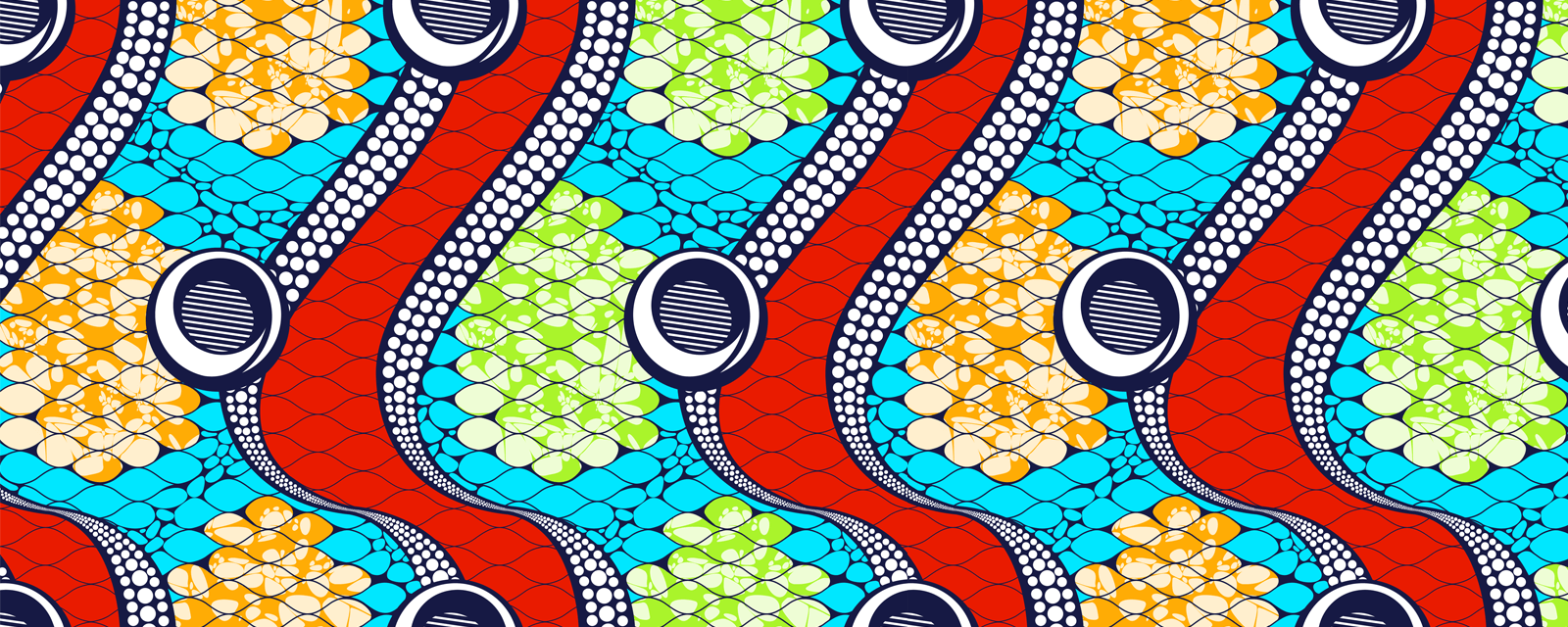A Swahili dance song, recorded in the 1860s, giving a glimpse of sophisticated life in the coastal cities in earlier centuries. The song is also called ‘The Stumbling Figure’. Bishop Steere calls it ‘Gungu’ or ‘The Hesitation Dance’, adding “it is the custom meet about ten or eleven at night and dance on until daybreak. The men and slave-women dance, the ladies sit a little retired and look on. Each piece takes a long time to sing, as most of the syllables have several notes and flourishes or little cadences to themselves.”
Mother take me that I may see, may see
Beauty and ornaments at Ungama, (1)
That I may see the tower adorned, adorned.
And dressed up for honour.
And those adorned children, children,
They have put on bracelets and collars.
They have put on gold frontlets and turbans, turbans
With fringes before and behind.
They wear clothes most choice, most choice,
With slaves before and behind,
They holdup swords and shields, and shields,
One is astonished to see them.
There is come a Comoro man with a pot, a pot, (2)
He has come wanting strife,
There is come a Galla with a bow, a bow, (3)
He has come wanting to fight.
We will build against them a wall, a wall,
That they may not come to us into the town.
Here is the Swahili, Gungu La Kukwaa
Mama, nipeeke, haoe kaoe
Urembo na shani Ungama,
Haoe mnara mpambo mpambe,
Uzainyeo hcshima.
Na wenyi kupamba patoto patoto.
Wavete vitindi na kama,
Wavete saufo ziemba ziemba,
Na mikili bee na nyuma.
Wavete libasi teule teule,
Kwa zitwana bee na nyuma.
Watukuze panga ngao na ngao.
Mtu hutoshea kuona.
Kujile Mngazidja na kubu na kubu,
Ujile kutaka harubu.
Kujile Mgala na mata na mata,
Ujile kutaka kuteta.
Tutawatilia ukuta ukuta,
Wasituingilie myini.
from Swahili Tales (London, 1871) 474–76,
Edward Steere
Footnotes
- Ungama: An ancient coastal town, just north of Mombasa in Kenya.
- The Comoros are an archipelago of volcanic islands just off the south-east coast of Africa, long linked to the Swahili coast by trade.
- The Galla people inhabit Somalia and south-east Ethiopia.

